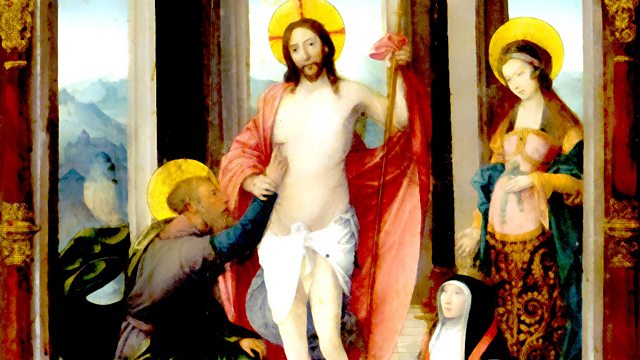
Breaking Up
Richard explores the role of doubt as a means of challenging prevailing religious thought, saying Martin Luther was the man who 'lit the fuse that was to blow Christendom apart'.
In a series of personal essays, Richard Holloway considers the tensions between faith and doubt over the last 3000 years. Author and former Bishop of Edinburgh, Richard Holloway focuses on the Judeo-Christian tradition as he takes the listener from the birth of religious thinking, through the Old and New Testaments, to the developments in subsequent centuries and their influence on thinkers and writers, up to the present day.
This week he looks at the story of doubt from the 16th Century to the Enlightenment. The journey takes in the fragmentation of Christianity during the Reformation, the early non conformists and how some of the great minds of Europe responded to the discoveries of the Scientific Revolution. He also addresses the price that doubters paid - through the Roman Inquisition, censorship and excommunication. He ends the week with an essay on Free Will.
In today's programme, Richard Holloway explores the role of doubt as a means of challenging the prevailing religious thought, and in the 16th century points to Martin Luther as the man who "lit the fuse that was to blow Christendom apart". This was the time of the Reformation when the focus in Christianity shifted from the highly organised life of the Catholic Church to a system of theological ideas derived directly from the Bible. A.N. Wilson explains that the reformers thought they were restoring the original purity of a faith that had been corrupted, and Luther, a generation later, was followed by another hugely influential reformer, John Calvin. As Richard Holloway says, "The Reformation let a multitude of genies out of the bottle".
Producer: Olivia Landsberg
A Ladbroke Production for Βι¶ΉΤΌΕΔ Radio 4.
Last on
Broadcast
- Mon 4 Jun 2012 13:45Βι¶ΉΤΌΕΔ Radio 4
